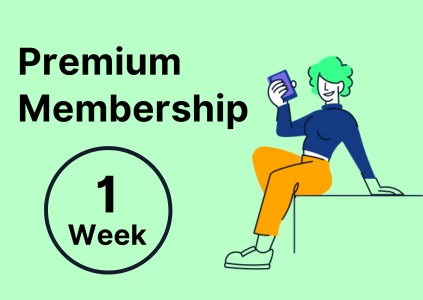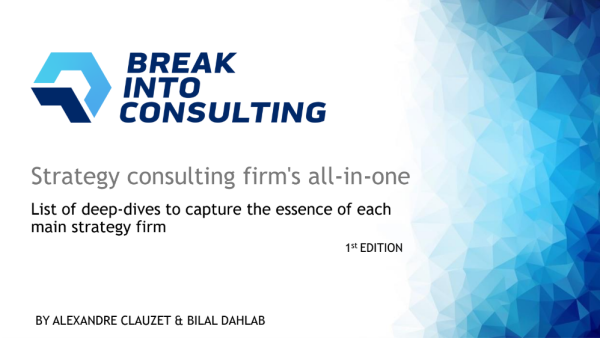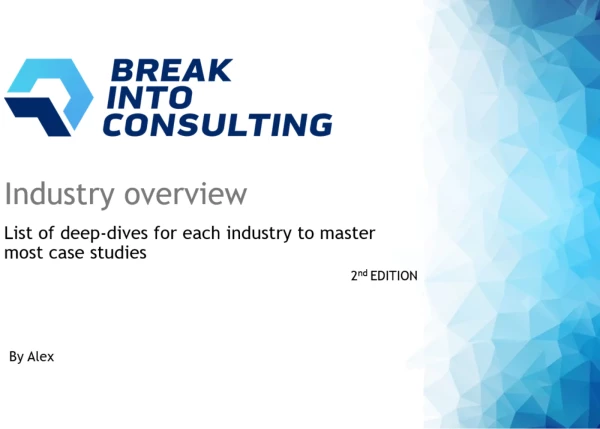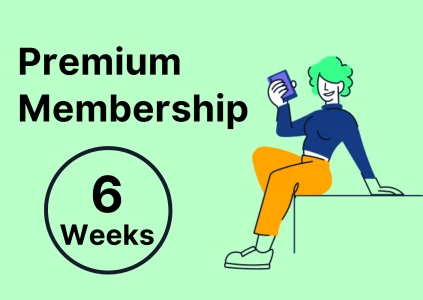Hello guys, I know this title sounds a bit general, but I'm wondering how could I improve my flexibility and performance when being asked very random questions in the last rounds. Are there any ways to train this area during case practice with partners?
Get Active in Our Amazing Community of Over 451,000 Peers!
How to prepare for "unexpected questions"?
Overview of answers
Dear A,
The Best way to prepare yourself for unexpected question is actually to practice them with your peers, mentor or one of the experts here on the platform. You can find a list of unexpected questions on the Internet. There are the ones that can be asked during the real interview. Simply practice them.
The key thing you have to know about your communication during the final round is your energy, your ability to convince and your very structured communication. For your answer I would suggest you the following structure which could be used for most of the question, even very uncommon ones. It has 5 main elements:
1. Situation
2. Problem
3. Solution
4. Results
5. Your learnings.
Applying this structure to the most of your question would be very beneficial for you and would help you to pass the final round.
I hope it helps you
Good luck!
André
Hello,
a good way is always to structure your thoughts and answers trying to see the question as a business case. The only way to be prepared is to practice, you can text me if you want some examples from real interviews.
Best,
Luca
hey,
Can you specify are you referring to fit questions or cases?
For cases, regardless how a question is post, the fundamental of problem solving stays the same. Try to think of some similar industry/market and see if you can apply learnings across. And be mindful when you do practice, you can deliberately practice topics in areas you are not familiar with, so you get more used to solving new questions.
best,
Emily
Hi there,
it is difficult to answer without knowing what exactly you refer to with “random questions” - I assume you are referring to questions such as “what is the impact of electric cars in Barcelona”.
A couple of tips:
- Be sure to have a solid foundation on the basic types – if you have a good structure for all the core questions, unusual ones will be easier
- Keep a good structure for creativity for questions inside the case. You can find more on that at the following link: https://www.preplounge.com/en/consulting-forum/how-to-develop-creativity-3477
- Write down all the unusual questions you find during your practice. Ask an experience candidate, current consultant or coach to help structuring them
I do a session specifically on unusual questions, please feel free to PM me for more info.
Best,
Francesco
Hi,
If you are talking about the case, Interviewers can ask you the following questions:
-
Let's generate 10 ideas how to…
-
Let's brainstorm…
-
How will you get this data if you are at the real project…
-
How will you check the following assumption…
-
Do you have some ideas on how to… Any other ideas?... Tell me more...
-
etc...
I recommend the following approach to creativity questions:
- Ask an interview for a minute: "Can I take a minute to structure my thoughts?"
- Think of several buckets of ideas. Remember to think as big as possible
- Narrow down to each bucket and generate as many ideas as possible. If the idea is too high-level, you can come up with examples
- Present the structure (buckets) and then your ideas
- Generate more ideas within the buckets if required by the interviewer
You may be wondering how to develop creativity?
Although most of the companies would say that you don't need any specific business knowledge, in reality, it is hard to solve a case purely based on common sense. The lack of business knowledge becomes a very common problem, especially among people with non-business backgrounds
Business Acumen is all about building proper industry and functional knowledge. Here is how you can do that:
- Practice more cases with the other candidates. Try to start with the most common industries - Retail, Consumer Goods, Airlines, Banking
- Study the annual reports of the public companies in each industry. They have a good overview of the company and the industry.
- Get the industry information from relevant books, magazines, etc. We'll recommend some good reading in the next lessons.
- Study MBA cases. They have a good industry overview. You can purchase HBS cases here: https://hbr.org/store/case-studies
For each industry, you should understand:
- Revenue streams
- Cost structure
- Average margins
- Key Performance Indicators
- Industry trends
Best
Hi!
Those unexpected questions usually fall under a) common personal issues (e.g what to do with inheritance, which sport should I do) or b) simply random questions (e.g. how to define love?). For the first group, try to answer as if it's a consulting project - what dimensions, what would be great to analyze and how to sum up the recommendations. If all fails, a simple Financials/Non-financials dimensions to segment analyzes works greatly.
For the second it's trickier but:
- There are plenty of curveball questions online - try to solve them beforehand
- Read the news to know what is going on in the world - The Economist is a good start
- Try to stall a couple of seconds, acknowledge it is a question you haven't thought of before and then give your personal opinion
- While you have an answer as structured and "clean" as possible, don't judge yourself too harshly if you fail to know how many arguments your answer will have or it is MECE
Cheers!
Francisco
Practice this in case interviews with friends/partners. Dedicate a portion of time to brainstorm on questions that can be asked. Moreover, create an overview for yourself on the type of "crazy" questions that can be asked.
I recommend asking for clarification questions to identify the objective and the target and then take 1 minute to structure it. Practice will help.
Best,
Antonello
Hi,
Simply, practice practice practice.
It's less about memorizing techniques or steps and more about getting comfortable with the unknown.
This is one of the #1 things I help candidates with, so please feel free to reach out for some personalized advice - everyone is different!






